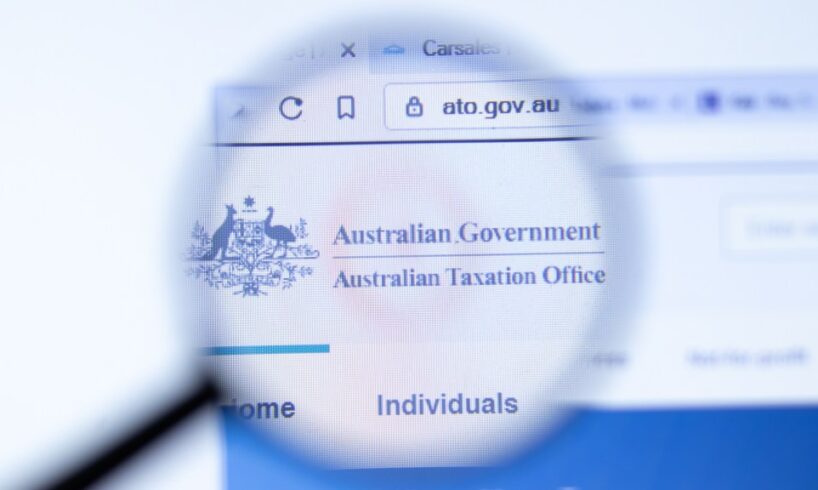
The Australian Taxation Office (ATO) has published a new rulebook it says will guide fairer, more empathetic treatment for small business and individual taxpayers facing hardship.
It comes as the tax office balances competing priorities: collecting billions in unpaid debt, without distressing the very taxpayers it believes are disconnected from the tax system.
Related Article Block Placeholder
Article ID: 325233
Dubbed a vulnerability framework, the tax office claims the new document will guide how it interacts with taxpayers at risk of harm, exploitation, exclusion, or isolation.
The definition of ‘vulnerability’ is broad, with social, economic, environmental, physical and mental health conditions all contributing factors.
A taxpayer’s disability, age, lack of access to essential services, and their experience of mistreatment, abuse, or other personal circumstances can also influence their vulnerability.
Smarter business news. Straight to your inbox.
For startup founders, small businesses and leaders. Build sharper instincts and better strategy by learning from Australia’s smartest business minds. Sign up for free.
By continuing, you agree to our Terms & Conditions and Privacy Policy.
“We recognise that experiencing vulnerability can impact a person’s ability to meet their tax obligations or access their entitlements,” according to the framework.
“This may be because the barriers they face impact their capacity to engage, register, lodge or pay, and may make it harder to access services and understand requirements.
“When non-compliance occurs, it is often due to these barriers, rather than a lack of willingness to comply.”
How vulnerability affects ATO service
In practical terms, the framework sets out how the ATO should act towards those vulnerable taxpayers.
This includes tailoring support for and building trust with those likely to disengage with the tax system due to their vulnerability.
Related Article Block Placeholder
Article ID: 296246
The framework calls on the ATO to regularly review and enhance its services to accommodate vulnerable taxpayers.
On a personnel level, the tax office says it will train staff to recognise signs of vulnerability, and embed trauma-informed and culturally safe principles into its training.
Crucially, small business taxpayers fit within the framework.
“People experiencing vulnerability may engage with us about their personal tax matters or in other roles, such as a small business owner, trustee of a self-managed super fund or managing a deceased estate,” it says.
This means small business taxpayers displaying signs of vulnerability should, in theory, encounter services mitigating the factors standing between them and tax compliance.
It also highlights the free Dispute Assist hotline, available to those who require extra assistance with an objection to the ATO hotline.
Some 142 vulnerable individuals and small businesses benefited from the Dispute Assist hotline in 2023-24, according to the tax office.
No free pass for tax avoidance
Related Article Block Placeholder
Article ID: 324836
Notably, the framework is not a pass to avoid paying tax.
The opposite is true, according to Commissioner of Taxation Rob Heferen, who said the ATO is using all the tools it has available to collect what is owed.
“It may be unreasonable and unfair for us to apply the same approach or consequences to these taxpayers as we do to those who are deliberately non-compliant,” he wrote in a foreword.
But the framework “cannot change tax obligations – for example, the law does not allow us to waive tax debts – [but] it will serve as a guiding approach for how we listen, communicate, and connect people to the right support”.
The framework is available here.





